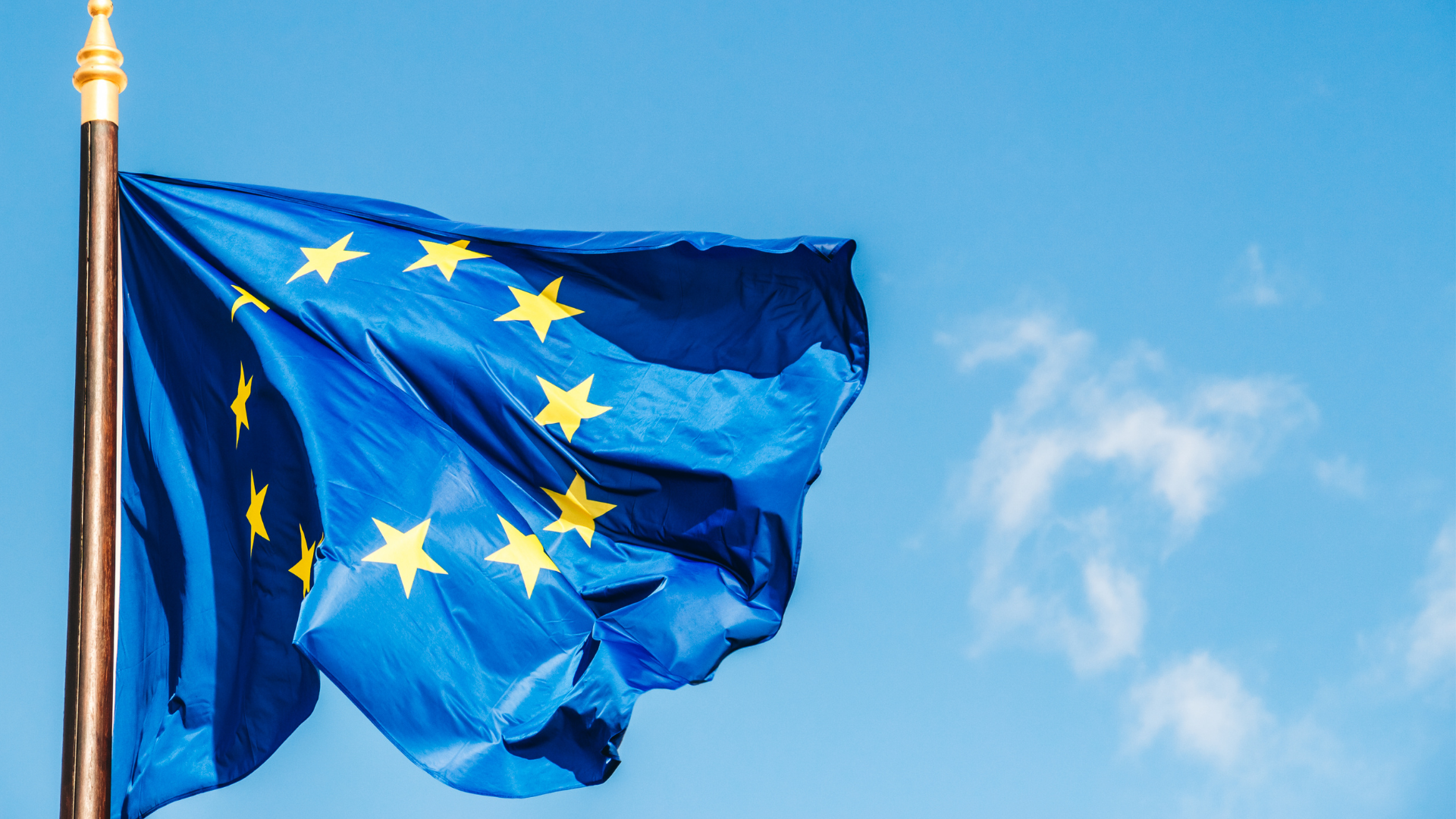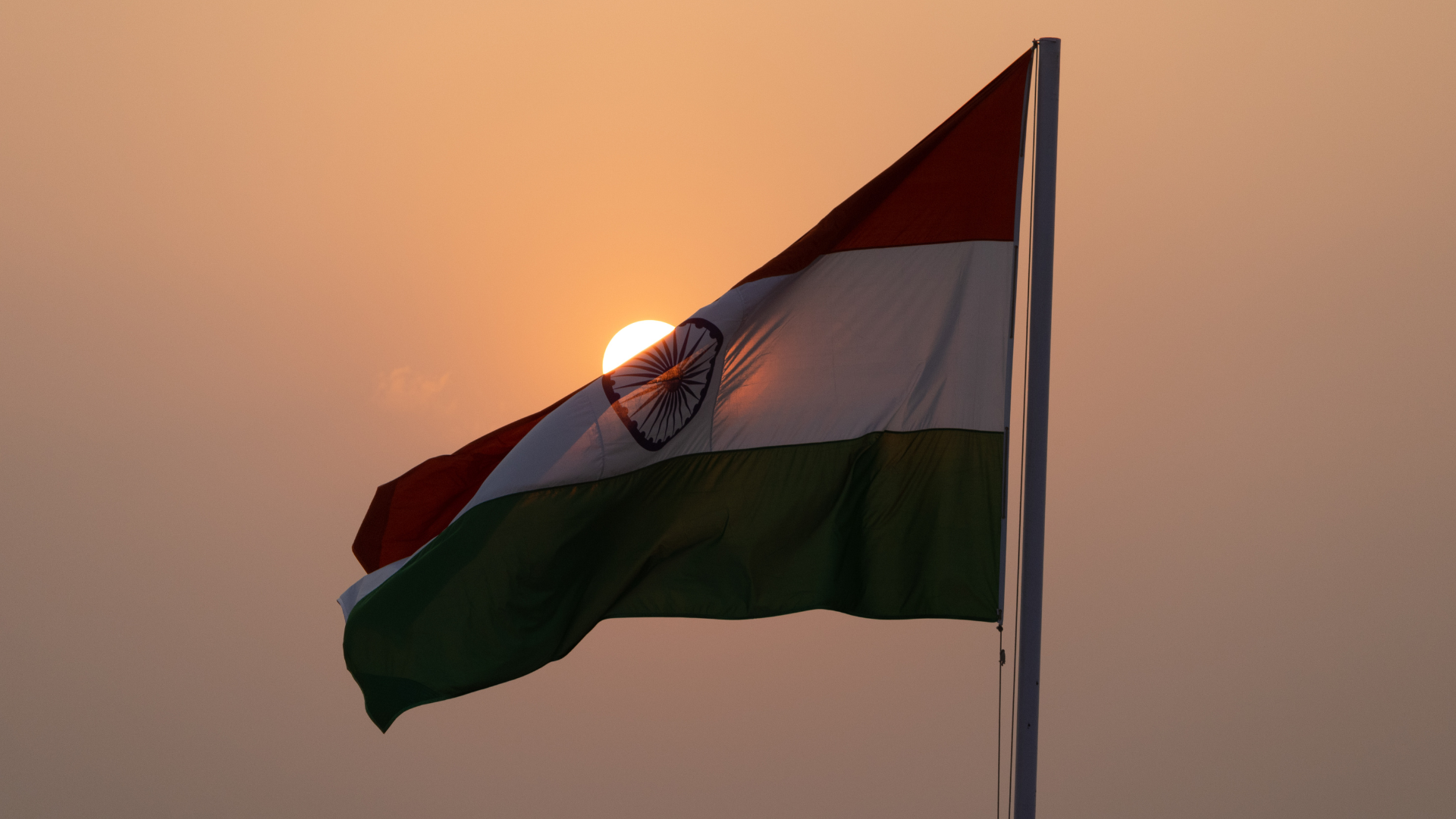The report “Free to Think 2021”, documented by Scholars at Risk [‘SAR’], catalogs 332 attacks on higher education institutions across 65 countries and territories. According to the report, violent pouncing, assassinations, police raids on institutions, coercive forces against students during peaceful protests, and scholars being wrongfully imprisoned and prosecuted are some of the global highlights from last year. The report, first published in 2015, has a sizable chapter this year delineating the status-quo of academic freedom in India. It asserted that scholars are being prosecuted by authorities in an ostensible act of retaliation against their manifestations and views which criticize the ruling party and its administration. The said prosecutions are typically under acute laws such as defamation, espionage, blasphemy, national security, sedition, and terrorism laws.
Since gaining power in 2014, the country’s Hindu nationalist dominion has been progressively curtailing its array of political and academic freedoms. Its recent advances exhibit a continuing tendency to hush critical voices and to expedite its parochial perspective on history and society. The narrative of India as the largest democracy in the world is fondly used by the world press, but it has now become a platitude that has long outlived its pertinence. The outdated narrative (purposely fabricated by the current administration) has been immensely fruitful for an anti-democratic Hindu extremist government.
The Indian authorities’ wrongfully detaining and prosecuting any voice that contradicts their views has been the essence of the current ruling party. Pertinently, several students have faced actions under extreme anti-terrorism laws such as the Unlawful Activities (Prevention) Act [‘UAPA’] and Sedition (described by Mahatama Gandhi as the “prince among the political sections of the Indian Penal Code (IPC) designed to suppress the liberty of the citizen”). Professor and activist Gokarakonda Naga, who has been in detention since 2014, was wrongfully convicted and sentenced to imprisonment for life on terrorism charges in 2017. Besides this, several prominent names have been accused under the UAPA for their peaceful protest against the government’s Citizenship Amendment Bill [‘CAA’]. These names include but are not limited to Sharjeel Imam, Umar Khalid, Safoora Zargar, Gulfisha Khatoon, and Natasha Narwal.
Regardless of when or where such physical attacks on suppressing academic freedom occur, significant adverse outcomes can precede them. They sabotage the security of academic institutions and personnel, including individuals that are intimidated and gagged by physical threats or attacks. Such acts not only debilitate the quality of research and public discourse but also impede societal, economic, governmental, and cultural development. Higher education is the principal contributor to the country’s pedagogy and prospective teacher training, so attacks on it can obstruct the chain of education for the country’s future teachers and decay the teaching methodology at many levels.
Since its inception, the UAPA has been polemical for its unreasonably stringent provisions. For example, acute conditions for the grant of bail, coupled with a year or even decade-long criminal trial, allow the government to criminalize and incarcerate individuals for longer terms without being held guilty of any crime. Besides, a very low conviction rate shows that the punishment here is not the conviction but the legal process. Individuals are kept under detention for an indefinite period, not with the intention of conviction but to suppress their critical voices. Michelle Bachelet, the United Nations High Commissioner for Human Rights, criticized India’s misuse of UAPA, which suppressed people’s freedom of expression. Notably, India is a party to several international human rights covenants, including the International Covenant on Civil and Political Rights [“ICCPR”] which grants freedom of opinion and expression in article 19, and the International Covenant on Economic, Social, and Cultural Rights [‘ICESCR’] that grants the right to education in article 13 and also advises the state to respect the freedom indispensable for scientific research and creative activity under article 15(3).
Once considered a stalwart for academic notions, India is now experiencing a significant drop in national regard for academic freedom. On January 15, 2021, the Ministry of Education (‘MoE’) issued guidelines concerning the organization of online virtual conferences, seminars, and training. The guidelines assert that any international online event must be initially approved by the government to ensure that the event’s subject matter does not concern the state’s security, Jammu Kashmir, or India’s internal matter(s). Although these guidelines were declared obsolete soon after, currently applicable guidelines from 2008 remain a hindrance, requiring the assent of the government before the holding of any non-virtual international academic event.
In its truest sense, knowledge is a universal asset owned, shared, cherished, and elevated by the global community. Democratic societies such as India abhor this idea of confining knowledge within what Rabindranath Tagore called the “narrow domestic walls” of exclusive nation-states. It is utterly insulting to India’s academic fraternity that some administrative individuals in government offices have the authority to not only validate the online events that can be conducted but also dictate the amount of international participation.
Pertinently, the country’s propensity to misemploy its executive and legislative powers to alter the syllabus and appoint vice-chancellors and professors as per their political interests has been documented in the Free to Think report. There are accusations that the new syllabus of history implemented by the University Grant Commission [‘UGC’] is saffronized and distorted.
The persistence and universal reach of these actions should be unnerving, not only to the higher education sector but also to society at large. These actions exhibit a contraction of the space for freedom of speech and free discourse. Instilling accordance and fright in society and suppressing democratic institutions have become the earmarks of the current government. Indian universities have been considerably quiet, weakened by a mix of anti-intellectual fuss, politically motivated appointments, and coordinated violence maneuvered by the government’s subsidiary organizations, student unions, and paramilitary groups. However shoddy the situation gets, we must refuse violence directed towards punishing ideas, safeguard threatened students and scholars, and bolster the freedom to think.
Bibliography
Free to Think 2021. (2022, March 18). Scholars at Risk. https://www.scholarsatrisk.org/resources/free-to-think-2021/
Mehta, G. (2021, November 19). Hindu nationalists rewrite history in India’s classrooms. Coda Story. https://www.codastory.com/disinformation/india-reframing-history/
Ellis-Petersen, H., & Hassan, A. (2022, March 7). How a terrorism law in India is being used to silence Modi’s critics. The Guardian. https://www.theguardian.com/world/2021/dec/10/how-terrorism-law-india-used-to-silence-modis-critics
Gokarakonda Naga Saibaba, India. (2022, January 11). Scholars at Risk. https://www.scholarsatrisk.org/actions/gokarakonda-naga-saibaba-india/
Bisht, R. (2019, December 23). CAA-NRC saga . . . and taking nationalism back. Times of India Blog. https://timesofindia.indiatimes.com/blogs/twinkle-twinkle/caa-nrc-saga-and-taking-nationalism-back/
Sahoo, N. (2020, November 29). UAPA and the growing crisis of judicial credibility in India. ORF. https://www.orfonline.org/expert-speak/uapa-growing-crisis-judicial-credibility-india/
Leaflet, T. (2021, September 14). UN High Commissioner for Human Rights criticises Indian govt’s ‘misuse’ of UAPA – TheLeaflet. TheLeaflet –. https://theleaflet.in/un-high-commissioner-for-human-rights-criticises-indian-govts-misuse-of-uapa/
Kulkarni, S. (2021, February 11). Modi govt has mounted biggest attack yet on academic freedom with its diktat on international webinars. The Indian Express. https://indianexpress.com/article/opinion/narendra-modi-academic-freedom-universities-webinars-7184744/
Sinha, A. (2021, February 25). Facing objections, Govt scraps order curbing webinars. The Indian Express. https://indianexpress.com/article/education/facing-objections-govt-scraps-order-curbing-webinars-7203501/
Staff, T. W. (2021). UGC’s New Draft History Syllabus Plays Up Mythology, Faces Allegations of Saffronisation. The Wire. https://thewire.in/education/ugcs-new-draft-history-syllabus-plays-up-mythology-faces-allegations-of-saffronisation


